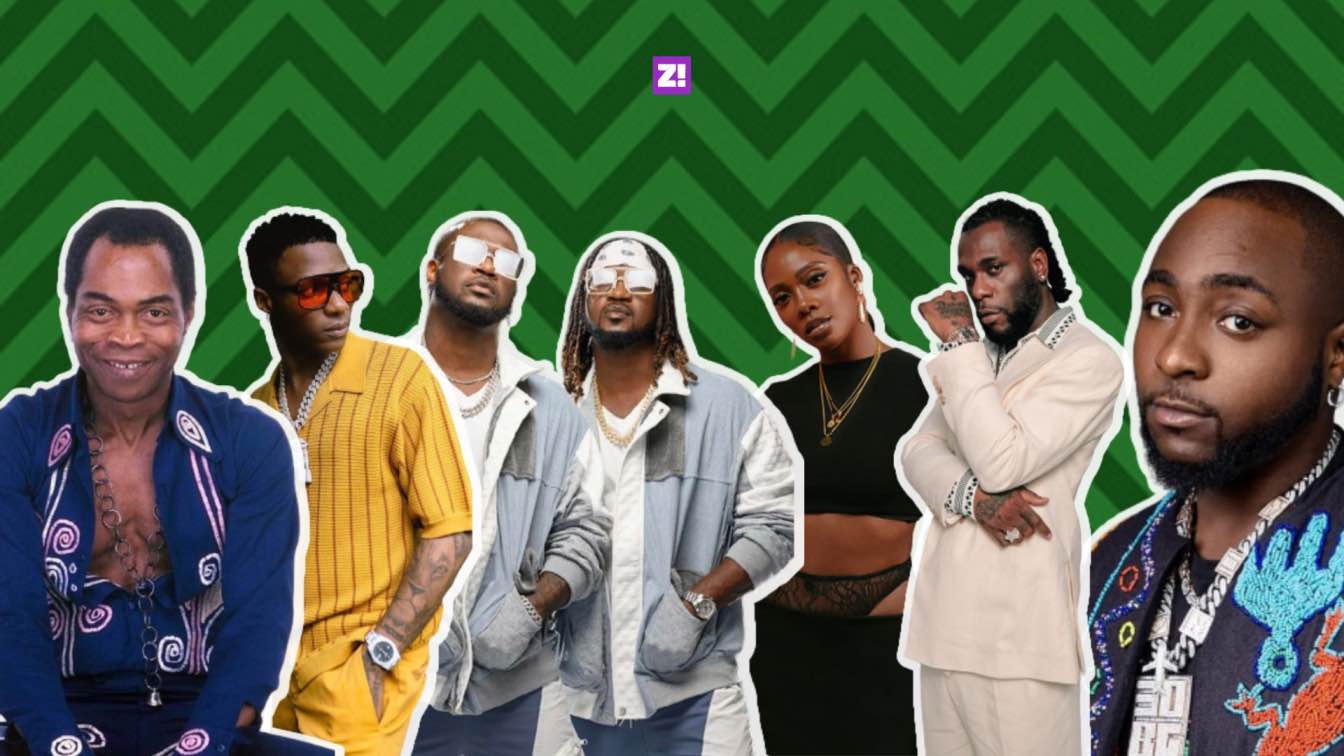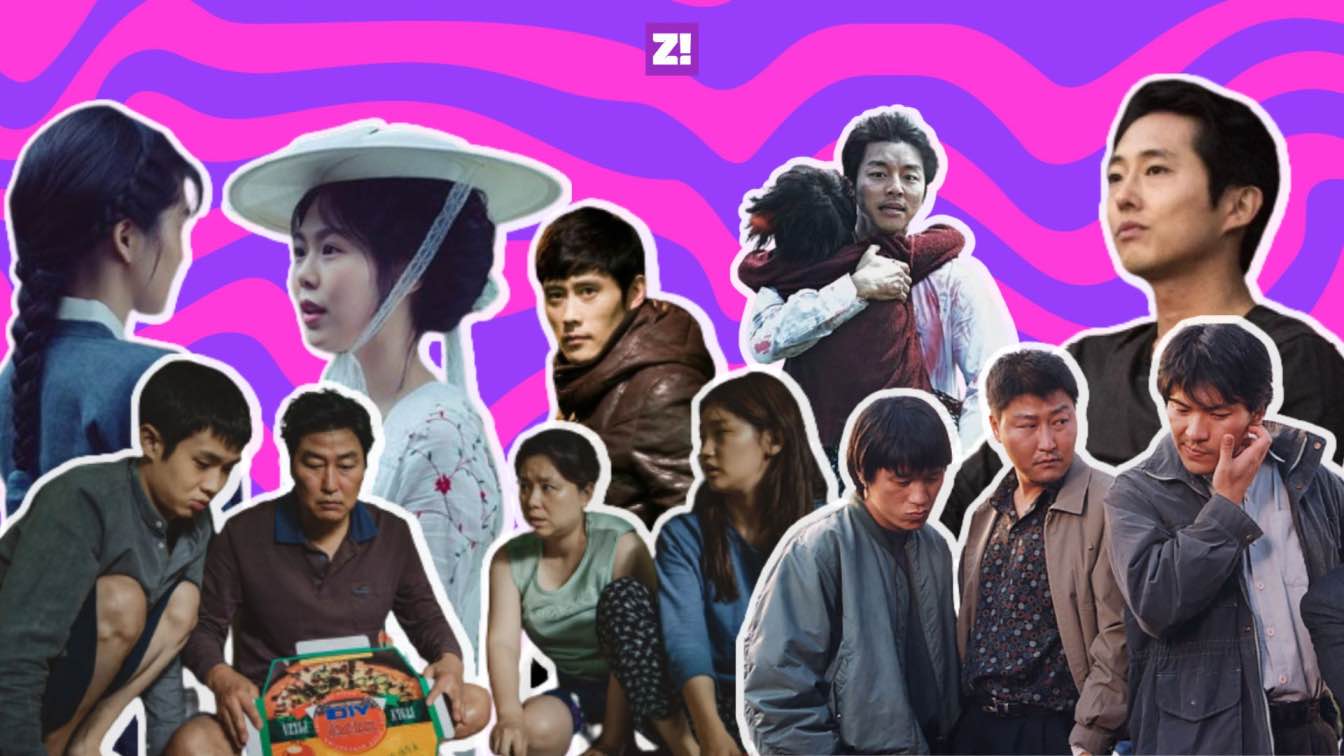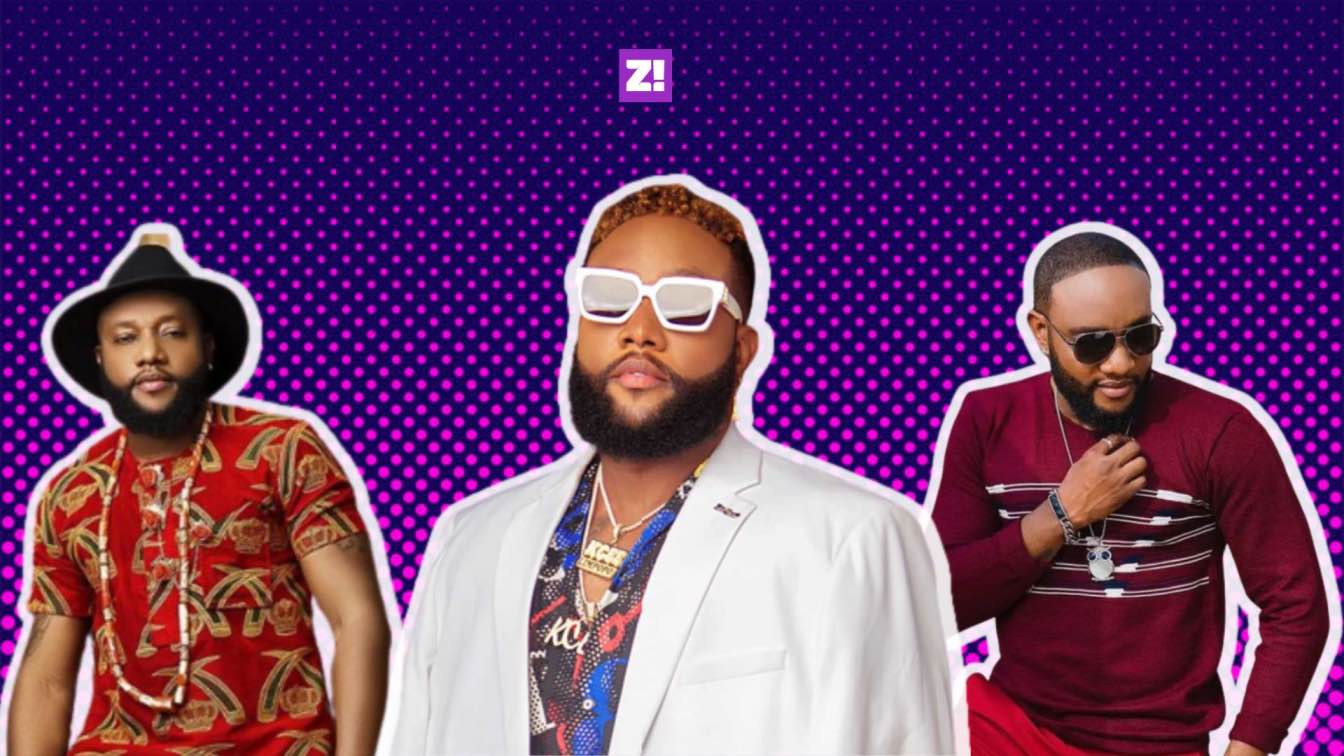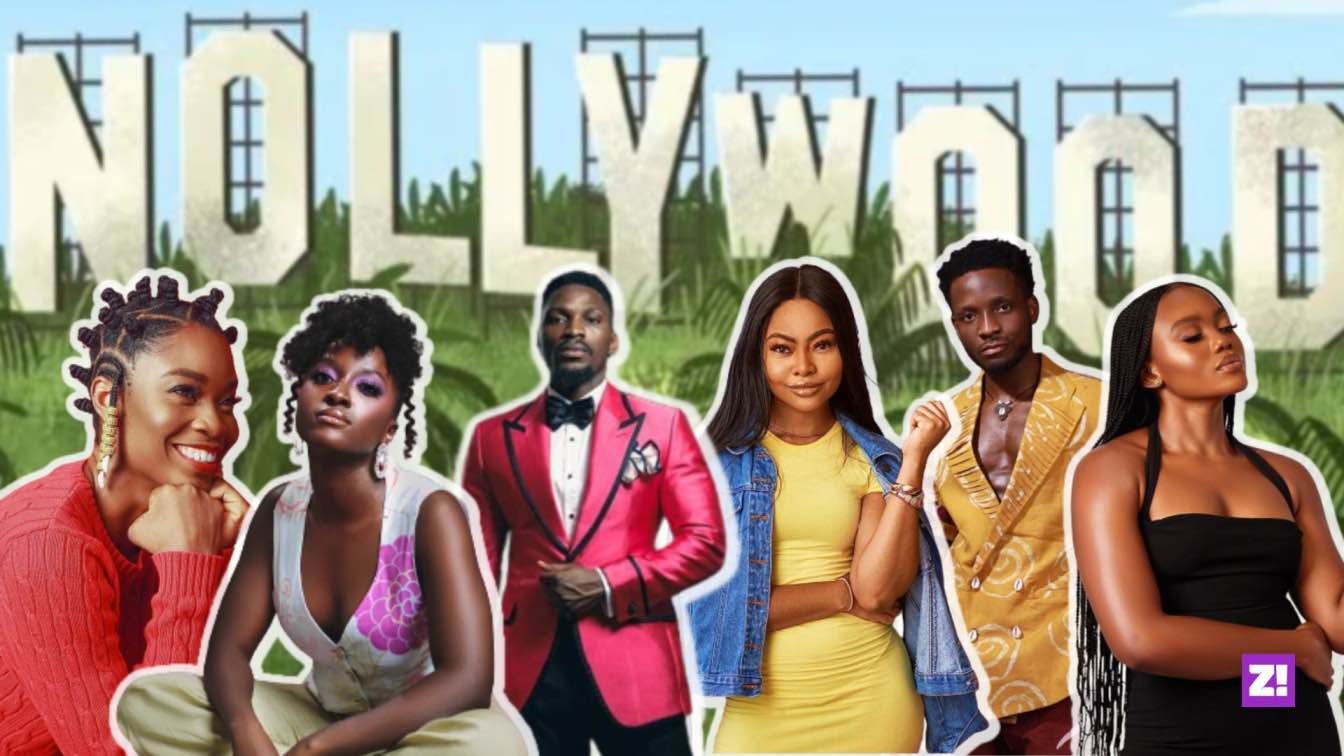Eloghosa Osunde has written one of the most talked-about books of 2022. Her debut novel, “Vagabonds”! introduces audiences to complex characters navigating life as outliers in a society that sometimes refuses to see them. While fiction can sometimes be alienating, Eloghosa’s work feels real, familiar even, and a reminder that beneath every smile and encounter lies a stranger’s story waiting to be told.
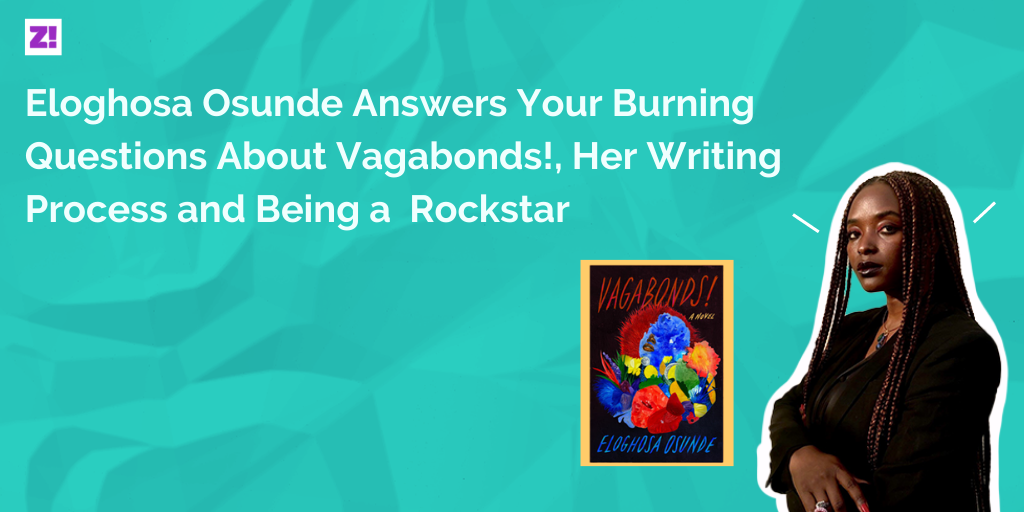
While I had my own questions about the book and her writing process, I thought it’d slap harder if I invited some of her biggest fans to submit questions for the rockstar storyteller. They asked and she answered.
What are you feeling right now?
I’m feeling… overjoyed. I’m a little exhausted. In love. At ease. In awe. Thankful.
How do you weave your characters into being? I’m curious about how you craft these characters in a way that feels so real to the rest of us.
By listening to the story and what it needs; by listening to the characters and what they want to share; by thinking seriously of stories as powerful forces that can (and do) alter our lived realities. When I remember to do these things, what I choose to write about and how far I will let myself go reflects them too.
Are you a linear or non-linear writer?
Neither and both. Some stories move from start to finish. Some start at the end, others in the middle. I do what each story needs.
Tell me about your connection to Benin and how it influences your work?
My entire lineage is from Benin, and because of this, there aren’t many things about life that shock me. You’ll know what I mean if you’ve been there or are from there. Hard to explain, but basically, almost everything in Benin is openly spiritual. Almost anything can happen right in front of your eyes. Seeing Benin at different points in my life is part of why spiritual and physical realms are interwoven to me. I write how I see, so the stories carry this energy too.
Do you ever worry that people might misunderstand your work?
Not so much anymore. I used to, until a few years ago. But even then, I had more pressing anxiety about people seeing my work before I felt ready to share it. If something I’ve made feels complete or clear to the people who know me or to the people it’s for, other people’s understanding (beyond that point) only affects me if I’m also joining them in misunderstanding myself. I understand my work enough for that not to happen often. I’m also blessed with readers who take their time to read what I’m saying, who share their insights as they go, and I’m so thankful for this because it makes it so much easier to ignore those who don’t.
How much of your work is really fiction? Do you see the world the same way your characters do?
I don’t know that what I write is always fiction. It’s storytelling and a kind of literature that feels personal, historic and ancient. Sometimes, I search for characters in my mind who have answers I don’t. Sometimes, I write a character as a way to reach out to a past or future self. Many of the characters I write could easily be in my life. Like the protagonist in Good Boy. Or Maro. Or May. Daisy and Divine are familiar to me. So is Rain. So is Wura. Other characters you haven’t met yet, too. They’re part of my community, so writing these stories is like encountering spirits of all ages who trust me and who I trust to help me navigate this life. Sometimes, I make that process public. Other times, I don’t.
What did 2020 do and undo for you when it comes to your writing?
It undid my relationship with urgency. Being forced to slow down helped me make a new writing pace and practice that involves more patience and care.
Be honest, are you TaTaFo?
How?! DKM.
You’ve spoken about making time for work and for joy. Considering how you have a lot going on right now, how you dey run am?
My daily life is full of joy and that makes me happy. I make sure I don’t miss out on beautiful ordinary moments at home or pressure myself to be busier than I need to be. I say no to opportunities that don’t serve me and take every single chance to celebrate milestones as they happen. The people in my life make that experience so much richer. I’m thankful for them.
You wrote this book for queer babies like me, and while I’ve taken so much from this book already, I still have to ask: What feeling do you want us to walk away with when we put down this book?
I’m so glad you enjoyed this reading experience! What feeling do I want readers to walk away with? Whatever feels true. Seriously. People have been paying attention to the parts of the book that strike them, move them, or create a new desire they thought was impossible before. They’re taking scenes, language and passages, and applying them in real life. I love that I get to see this in real-time. For queer people who read this book, I hope that somewhere in the mix of things you’re probably feeling, there’s hope, courage and the reminder that nothing is impossible, whether that is a lasting love or a community of people who get you for you, or a whole new family, or dance and laughter after a rough patch.
Is it too soon to ask what’s next?
The answer isn’t one thing, and I’m not ready to share that yet.
Take away the inspiration behind the title. What does it mean to be a Vagabond! according to Eloghosa Osunde?
To be free, audacious, self-accepting and gracious. To be an outsider of any kind. To be a strange thing without remorse.

